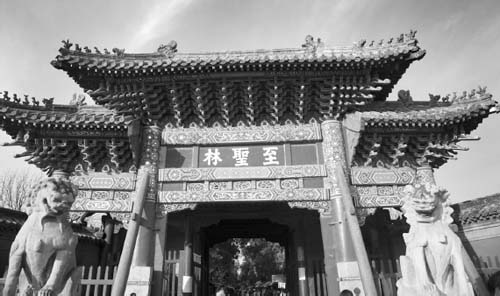Confucianism, the Literati, and Chinese Imperial TraditionsMembership, Community, Diversity |
What gender-related issues have been important in Confucianism and CIT? |
Confucian tradition emphasized social order, and that called for clearly delineated gender functions. Given the conviction that only a patriarchal structure could guarantee social order, what many people today call “social equality” was simply not included in the Confucian lexicon. Confucian teaching envisioned male-female relationships according to a political model. First and foremost among questions of gender are those relating to family structure and roles. But whether within the family or in society at large, women and younger people generally shared the expectation of dutiful obedience. Women remained in the home to serve the family, which sometimes brought as many as four generations together in one household. Widows were typically expected not to remarry. When a wife produced no son, a husband could marry one or more secondary wives in the hope of securing a male heir. A telling fact is that no women are numbered among the great sages and scholars memorialized in Confucius temples. In the imperial household, there were sometimes several empresses and many royal concubines. An empress remained out of view for the most part, participating in a few affairs of state annually. Eunuchs looked after the harem, strictly organizing the lives of all women in the imperial household.

The entrance gate to the Confucius Grave Yard Qufu, Shandong Province, China.
